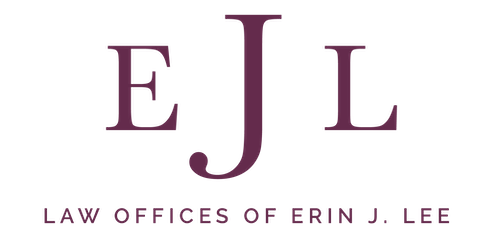The Violence Against Women Act (VAWA) is a powerful tool for battered spouses, children, or parents of certain U.S. citizens and Lawful Permanent Residents to obtain their permanent residency. Generally, in order to obtain permanent residency, one has to be petitioned by a family member or employer. With the advent of VAWA, battered spouses, children or parents can file their own petition for permanent residency in the U.S without a separate petitioner. The abuser does not need to be involved with this process whatsoever. This benefit applies to abused women and men, equally.
If you are a spouse of a U.S. citizen, you may be eligible for VAWA if you 1) have suffered “battery/extreme cruelty” by your U.S. citizen or permanent resident spouse, 2) entered the marriage in good faith and not only for immigration benefits, 3) have resided with the spouse, and 4) have good moral character. There are some exceptions to the “spousal relationship.” As in, a battered spouse does not necessarily have to have been legally married to the abuser if, the marriage was terminated by death or divorce within two years of filing the VAWA petition, if the spouse lost citizenship or residency within two years of filing the VAWA because of the abuse you suffered, or if the spouse really believed that he or she was legally married to your spouse.
Battered children of U.S. citizens or permanent residents can file for a VAWA if they have suffered “battery/extreme cruelty” by their U.S. citizen of resident parent, have resided with that parent, and have good moral character. Children under 14 are presumed to have good moral character. On the opposite end, if a parent suffers “battery/extreme cruelty” from a U.S. citizen child who is at least 21 when the VAWA is filed, they may be eligible for permanent residency. The abused parent will also have to show that he or she resided with the abusive child and that he or she has good moral character. Abused children and parents may also qualify for VAWA even if their abuser is no longer a U.S. citizen or resident due to the related abuse.
Although this article addresses eligibility for immigration benefits through an abusive family member, the more important message is to recognize harmful situations and to seek the right help. If you or your family member’s lives are in danger, contact the authorities immediately.


